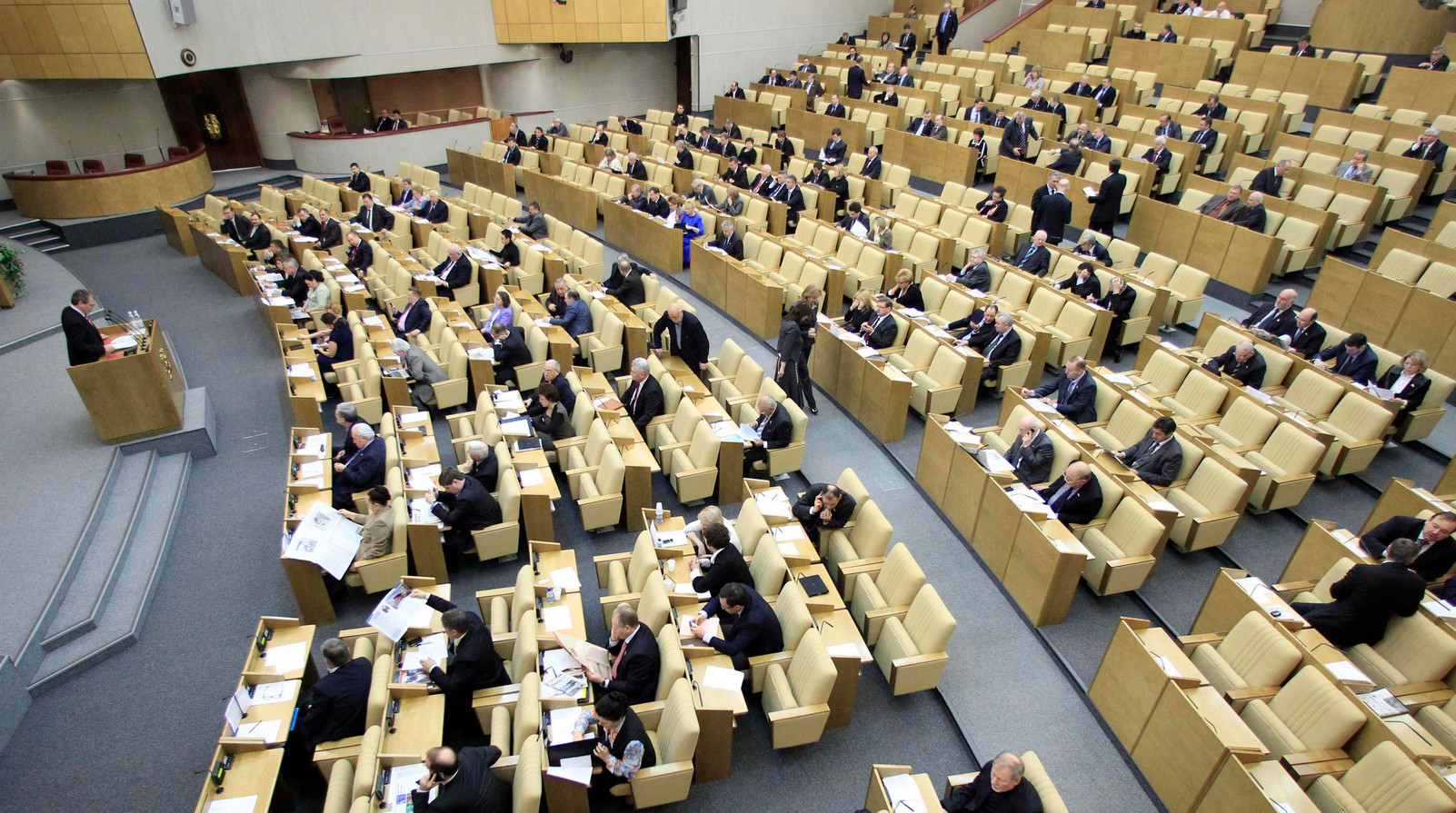The State Duma adopted in the first reading amendments on blocking the "mirrors" of pirated sites

On Friday, March 17, the State Duma considered amendments to the laws "On Information ...", according to which the "mirrors" of sites prohibited in the territory of the Russian Federation could be blocked in the pretrial order by a court order. The amendments were adopted on first reading, Vedomosti reports . It is likely that changes will be made to the second reading.
The author of the document was the Ministry of Communications, and its main goal is “to prevent the illegal distribution and use of audiovisual works on the Internet,” that is, to create conditions for the rapid suppression of the illegal distribution of national films.
The amendments introduce a new term “derivative site on the Internet” for “mirrors” of pirated (prohibited) resources. They allow you to block "derivative sites" in the pretrial order - by order of law, for which you do not need to hold hearings and other procedures prescribed by law, as is the case with blocking the usual resource.
')
In addition, the amendments provide for filtering search results, including in the search engines Yandex and Google. It should be noted that previous versions of anti-piracy legislation and so forced the search engines to remove links to pirated sites, however, this point was rewritten in the amendments.
Now the courts can not make decisions about blocking the "mirrors" of sites. Back in early 2016, the Moscow City Court refused to block the Rutracker mirror, citing the fact that blocking the “mirror” creates legal uncertainty: “In addition, permanently restricting access to abstract (unidentifiable) sites will create legal uncertainty and eliminate the possibility of a judicial act being executed.”
Also, as part of the amendments, it is proposed to use stubs on pirated websites to advertise licensed resources for content consumption. According to Deputy Minister of Communications Alexei Volin, regulators are ready to take such a step if the right holders can develop a common opinion: The question arises which products from the legal ones will have to be advertised. We hope that if they [the right holders] agree with each other, then we will work with the operators on this topic, ”the Interfax deputy minister quoted as saying.
Recall, March 17, it was reported on the consideration of amendments to legislation aimed at combating the "mirrors" of prohibited resources. Even before the hearings, the legal department of the State Duma saw in the new document a serious flaw - the use of a court order.
A court order is a working legal document, which can be obtained without hearing and bringing parties to it. It was this fact that formed the basis of the idea of allowing Roskomnadzor to block “mirrors” by a court order. However, its legitimacy “the aggrieved party” will be able to challenge with a written appeal to the court, which expresses disagreement with the document. Such an application automatically cancels the action of the court order and returns the regulatory authorities to the original position from which the decision to block should be made through the court. To submit an application, the owner of a blocked resource will have to provide their real personal data. Lawyers say that a court order as a legal document for such situations is not suitable.
Source: https://habr.com/ru/post/402399/
All Articles